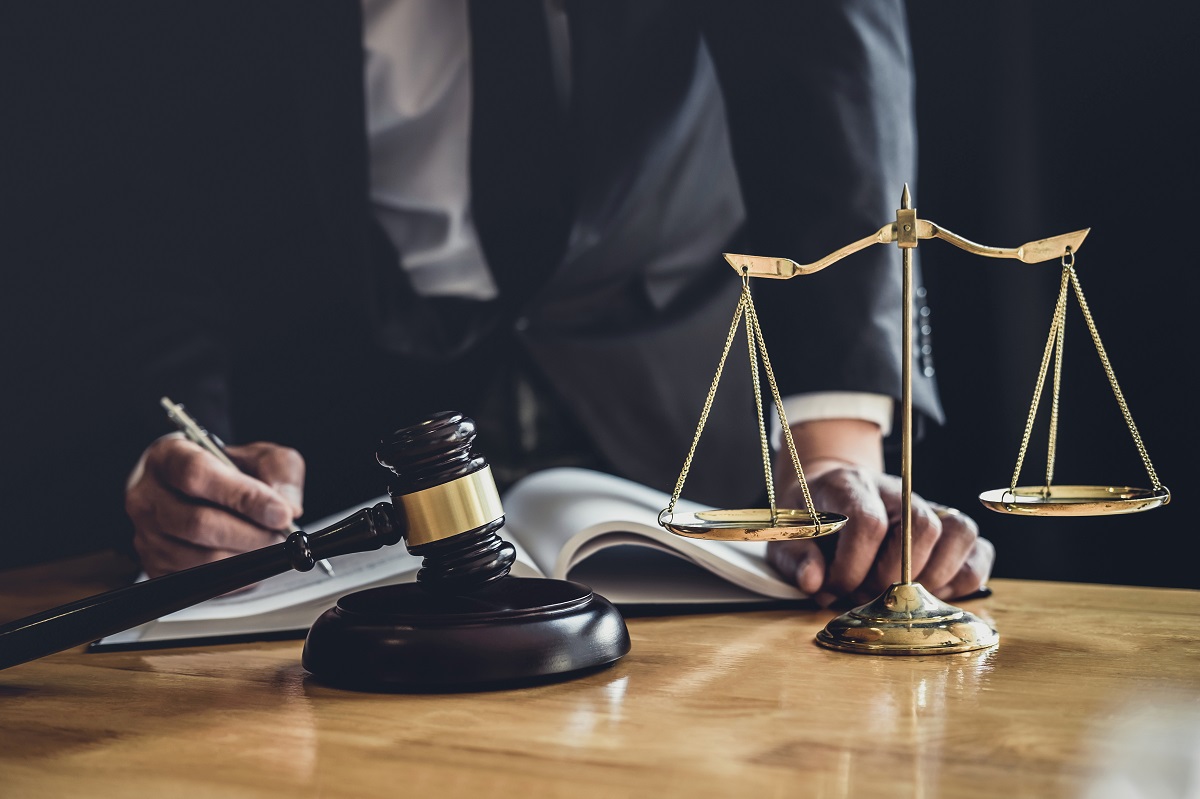Maneuvering the complexities of the law structure can often appear intimidating for those who are not familiar with it. Grasping criminal law and its consequences is crucial for anyone who wants to defend their rights and make informed decisions. If you are facing criminal charges, navigating a family law matter, or seeking to file a personal injury claim, the advice of an knowledgeable attorney can make all the difference.
In this article, we will explore important insights from attorneys that encompass a wide range of legal topics. Starting with knowing when to hire an attorney to understanding what to foresee during your first legal consultation, we will offer useful advice that everyone should be informed about. You will also discover about the common legal errors people make and how to pick the right lawyer for your particular case. With actual examples and advice tailored to various legal fields, this guide aims to empower you with the knowledge you need to manage your legal obstacles confidently.

Essential Legal Tips
Navigating the judicial landscape can be challenging, but grasping a few essential legal tips can considerably ease that journey. First, consistently consult thecompletelawyer.com when you are in a legal situation. Regardless of whether it's a trivial dispute or a major criminal charge, legal representation is important. Lawyers bring skills that can help protect your entitlements and concerns, helping you through intricate legal jargon and navigating the court system effectively.
Another key tip is to keep track of everything related to your legal matter. This includes maintaining documentation of conversations, emails, and any other communications. Strong evidence can be the difference between triumphing and losing a trial. Being methodical not only assists your lawyer plan but also makes certain you’re completely prepared for any court actions that may come up.
In addition, it is imperative to understand your legal rights in various situations. For example, knowing your entitlements during a police stop or what to do if you're hurt in a car accident can empower you to make informed decisions. Awareness of your rights can assist you act appropriately and decisively, ultimately supporting your position should legal action be required. ### Selecting the Appropriate Lawyer
Selecting the best attorney is crucial for handling any legal matter successfully. Begin by determining the specific field of law that pertains to your situation, whether it’s criminal law, personal injury, domestic law, or corporate law. Every area has its own complexities, and a lawyer who specializes in your area will have tailored expertise and experience that can substantially benefit your case. Take the time to research attorneys with a focus on your legal needs, as this can make a notable difference in the outcomes you achieve.
Once you have filtered your options, consider the attorney's standing and past performance. Look for online reviews, testimonials, and case histories to gauge their level of success and client happiness. Setting up consultations with potential lawyers will offer insights into their approach, manner of communication, and how content you feel collaborating with them. Trust and rapport are crucial, as a good lawyer-client relationship can ease the stress of the legal process.
In conclusion, it is important to discuss fees and billing arrangements early on. Ensure that you are clear about how the attorney charges for their services, whether it's a flat fee, hourly rate, or contingency arrangement. Clarity regarding financial expectations can prevent misunderstandings later on. Taking these factors into account will help you make an educated decision, resulting in a partnership that enhances your legal journey.
Comprehending Judicial Systems
Maneuvering the judicial structure can be complicated, particularly for those not acquainted with its diverse aspects. The judicial process often starts once a controversy arises or an incident takes place that demands legal action. Understanding how a legal case operates, from lodging a complaint to potential settlements, is essential for people thinking about legal intervention. It is important to realize that not every cases have to go to trial; a lot of conflicts can be resolved through bargaining or settlement, which can save resources and money.
Once a legal action is submitted, parties engage in a discovery phase where they exchange proof and data relevant to the case. This step is crucial as it lays the foundation for presenting positions in a trial. People must also recognize the schedule involved, as court processes can often require years and sometimes longer before obtaining a conclusion. Being ready at each point can greatly impact the outcome of a legal action.
For those unsure of their view in a lawful situation, consulting an legal professional can help clarify whether they have a solid lawful position. Law professionals assess the information and data, giving insights into the strength of the lawsuit and approaches for moving forward. This first assessment can aid individuals make knowledgeable judgments on how to move forward, whether this means going to litigation or an other resolution.
